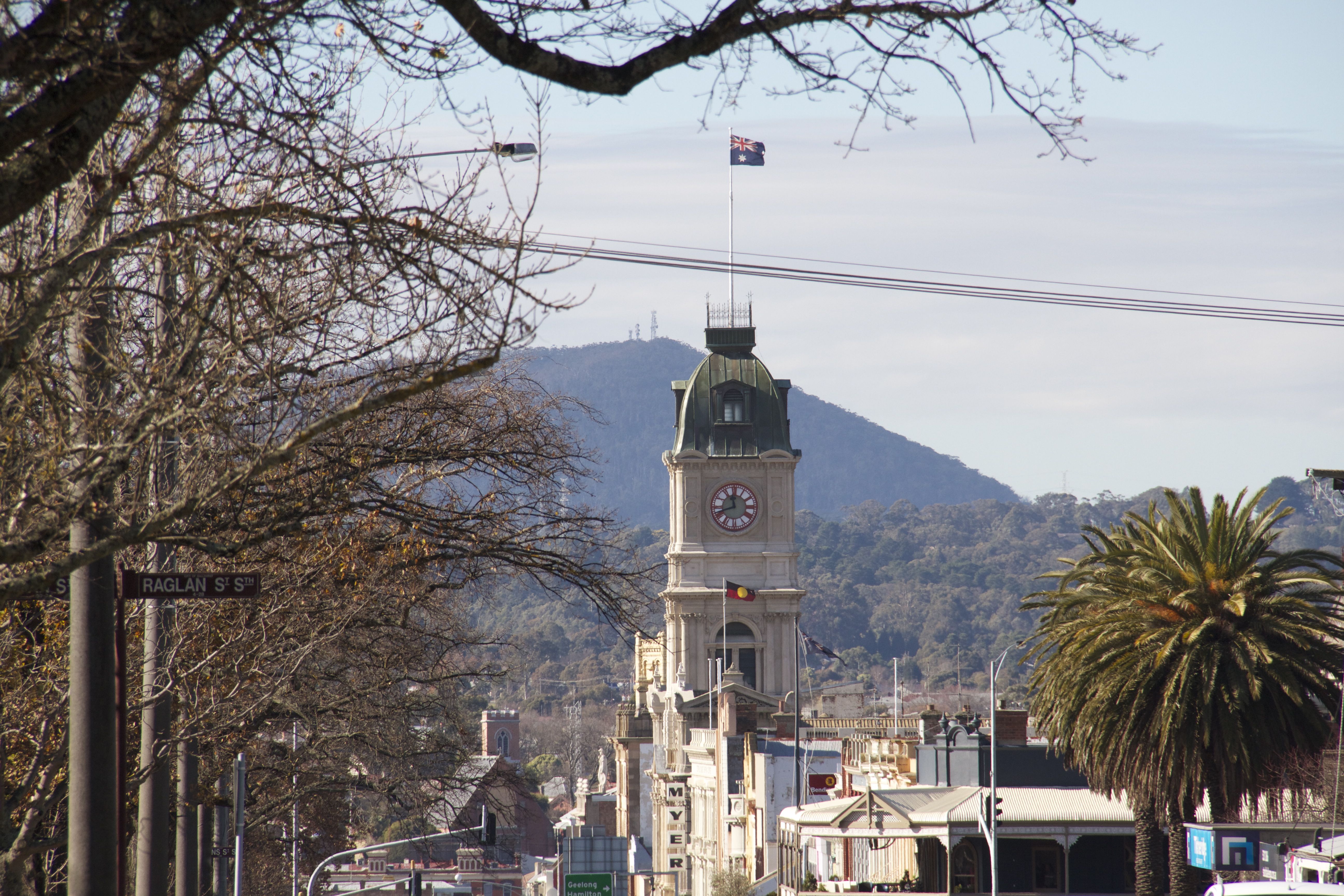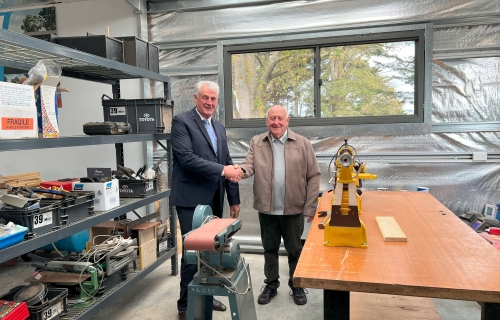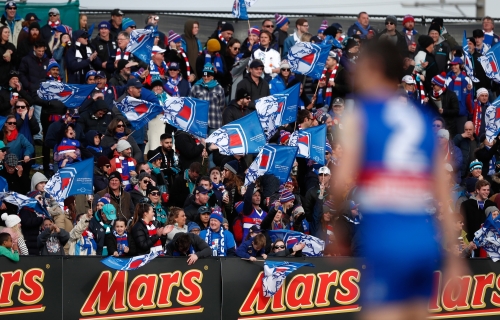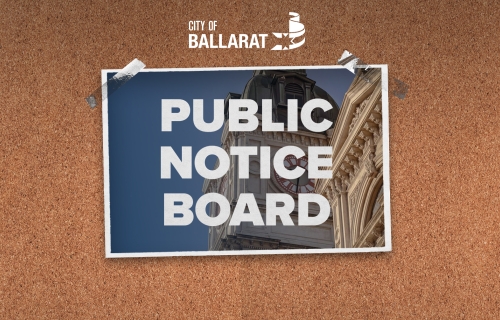Ballarat City Council approves new changes to Governance Rules
 Published on
Published on

Increased flexibility in electronic hosting and attendance at Council and Delegated Committee meetings, as well as increased opportunity for public questions to be answered at Council meetings were two of the Governance Rule changes approved by Ballarat City Council on Wednesday.
Following public consultation on the Governance Rules in 2021 that were deferred to enable consideration of the Regulatory Legislation Amendment Bill (received Royal Assent on 29 March 2022), and the recent consultation that closed on 12 August 2022, Council’s changes included:
- Permitting the holding of Council and Delegated Committee Meetings by electronic means; and recording of attendance by a Councillor who attends remotely.
- Clarification of business for the conduct of the Election of Mayor with:
- The removal of election report as this is managed externally and not required to be completed in time for initial Mayoral election.
- Removal of rule to elect temporary Chairperson as this is inconsistent with the Act, that requires the Chief Executive Officer to preside over the election of the Mayor. - Changes to Public Question Time and public representations to balance and enhance the community’s opportunity to ask questions and make representations to Council in writing and in person:
- Bringing forward the registration time for public questions by 4.5 hours (to 12pm the day of the meeting) for members of the community that wish to provide the question in advance to ensure a properly researched answer. This change does not exclude members of the public attending the meeting to seek to ask their questions in person, within the allotted time on the agenda, if they do not meet the registration time.
- Bringing forward the registration time for public representations by 2.5 hours (to 2pm the day of the meeting) for public representations to facilitate Council meeting preparation.
- A new provision supporting members of the public that are unable to attend, which provides for public questions and representations to be read out. - Changes to management of conflict of interest register to ensure coherent approach with principles and statutory obligations.
- Clarity on Advisory committees reporting obligations to be directed by the relevant Terms of Reference instrument and Committee Policy.
City of Ballarat Mayor, Daniel Moloney said that the new Governance Rules addressed several long-standing concerns particularly around the changes COVID-19 had brought about on accessibility of Councillors at meetings and also the need to provide the public with a timelier questions and submissions process.
“The past two years have really shown the need for flexibility in how we conduct Council and Delegated Committee meetings,” he said.
“During the pandemic temporary amendments were made under Victorian Legislation to enable virtual council meetings and we made arrangements to allow the community to participate in Council meetings without being in the chamber. We facilitated the community participating through submitting public questions and submissions in writing.
“I was pleased to see the acceptance of a new rule that supports members of the public that are unable to attend being able to have their public questions and representations read out in their absence. This is in line with the flexibility we need to extend to the public considering that sometimes they just cannot be present in person at meetings.
“The changes also approved on Wednesday night to the bringing forward of public question registration time by 4.5 hours for members of the public is significant in ensuring that their question(s) is properly researched and provided with a productive response.
“Similarly bringing forward registration time for public representations by 2.5 hours will help facilitate Council meeting preparation which is extremely important when it comes to a busy Council meeting agenda.
“The Governance Rules will change periodically, and these latest rule changes with the help of public consultation have enabled a more flexible, productive and efficient approach to Council’s meetings.”
More news
 19 May 2025
19 May 2025
Heritage Award winners announced

 16 May 2025
16 May 2025
Learmonth Skills Shed brings the community together
The Learmonth township is celebrating the completion of a new project that will serve as a vibrant hub for locals and…

 15 May 2025
15 May 2025
Mars Stadium fixture changed to Marvel Stadium
Response attributed to City of Ballarat Mayor, Cr Tracey Hargreaves "The City of Ballarat supports the decision to…
 15 May 2025
15 May 2025
Planning Delegated Committee – May 2025
 15 May 2025
15 May 2025
First Nations stories to transform historic Ballarat Mining Exchange

 16 May 2025
16 May 2025